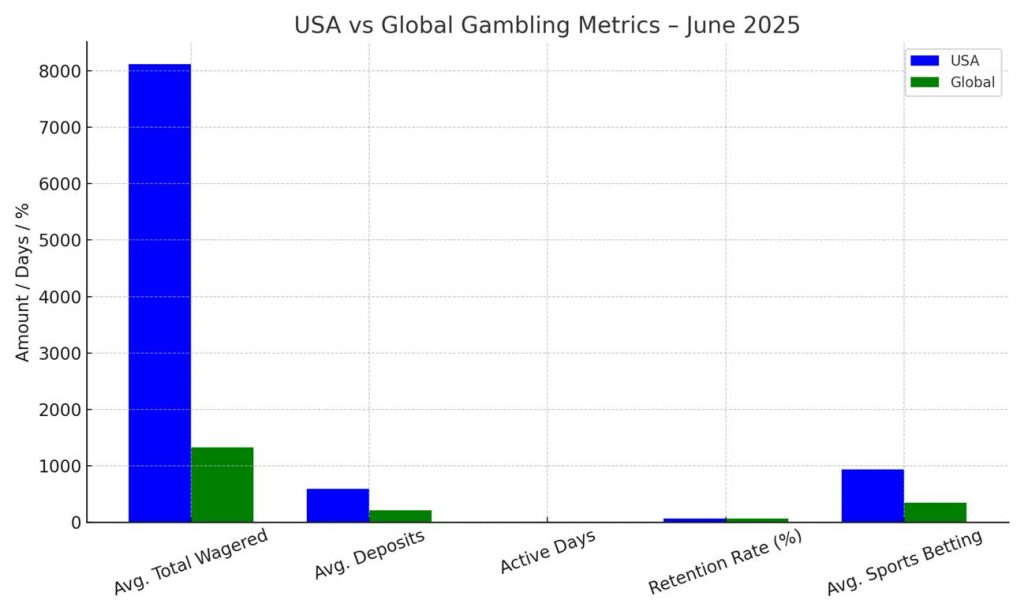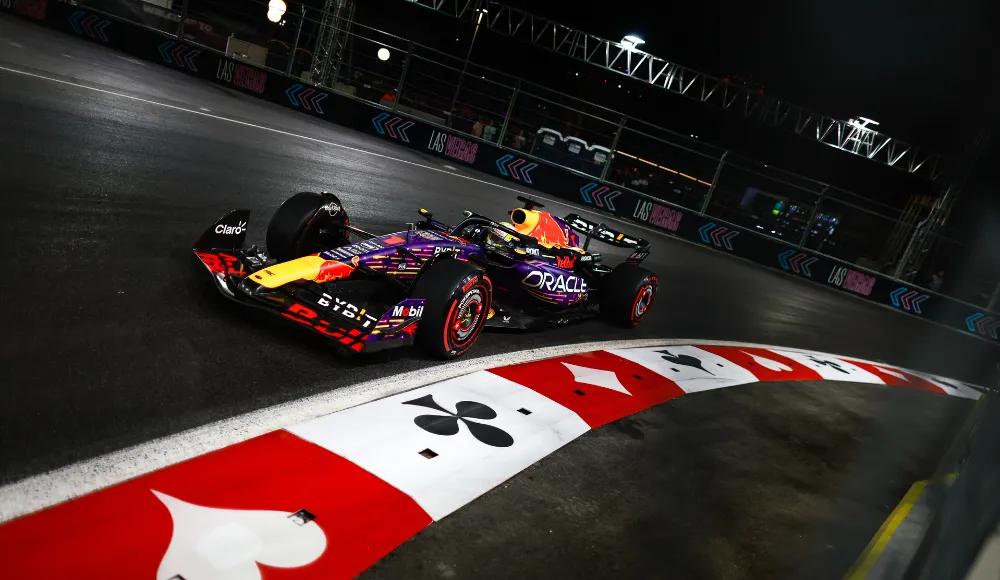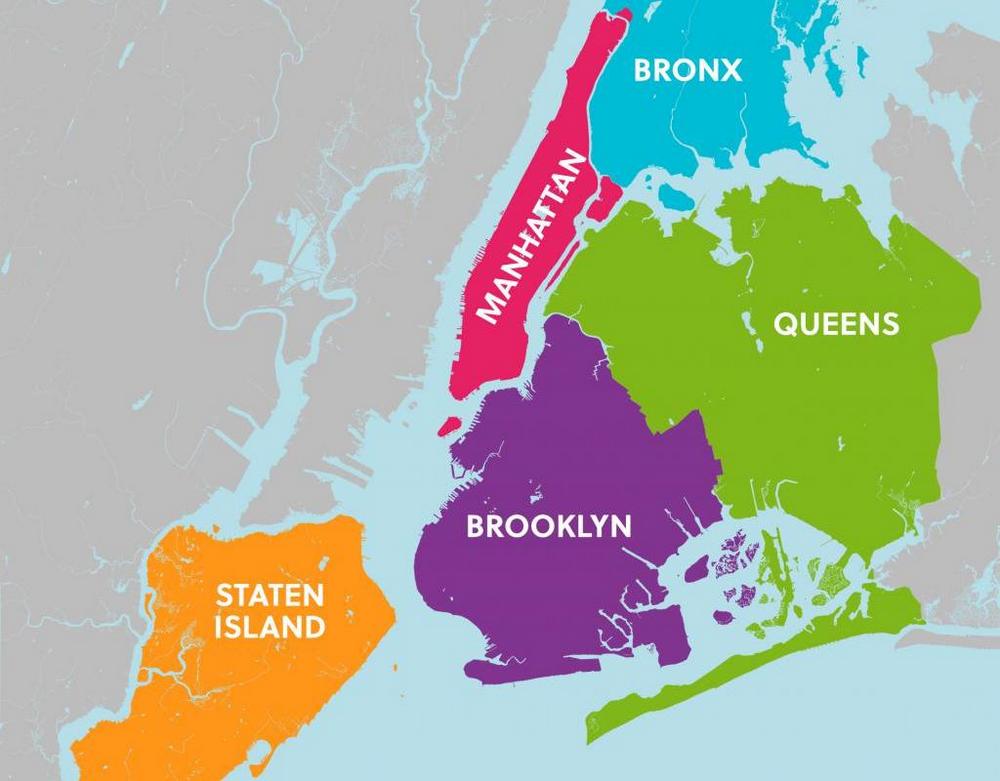A new report has revealed that in June 2025, players in the United States spent significantly more on gambling than their international counterparts. On average, each U.S. player wagered $8,114, compared to the global average of $1,328—a difference of more than sixfold.
The study also found that Americans deposited $589 on average, nearly triple the global benchmark of $211. Despite this, they played fewer active days (7.7 versus 8.6 globally) and had slightly lower retention (64 % compared to 69 %).

In the sports betting segment, U.S. gamblers staked an average of $932, about 2.7 times more than the global average of $348. Interestingly, both markets experienced a year-over-year decline in sports wagering—9 % in the U.S. and 7 % globally.

Experts suggest that the elevated spending in the U.S. is driven by the maturity of regulated sportsbooks across the country and strategic promotions during sports off-seasons. With legal sports betting now active in 38 states and Washington, D.C., the market's depth and competitiveness have created high-stakes engagement.
However, the lower frequency and retention rates raise questions about the sustainability of such intense monetary activity. While American players spend more per session, they tend to engage less frequently—suggesting a model focused on high-value, low-frequency betting. This spending pattern highlights a shift in the global gambling landscape, with the U.S. cementing its position as a major force in consumer-level gaming economics.








































